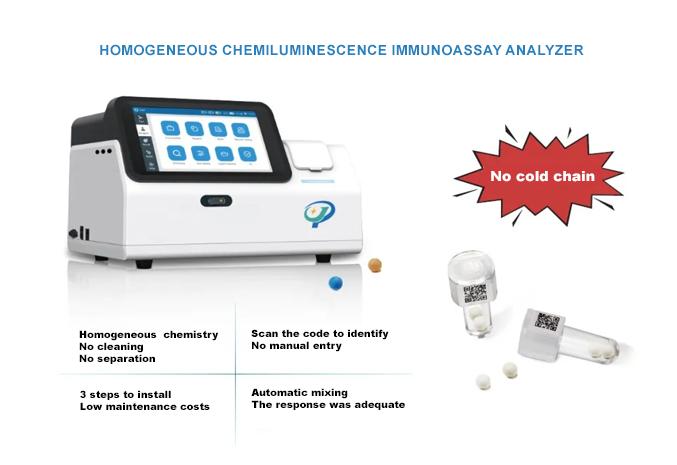 Monkeypox Outbreak Alert: Monkeypox Detection Reagents
Monkeypox Outbreak Alert: Monkeypox Detection Reagents
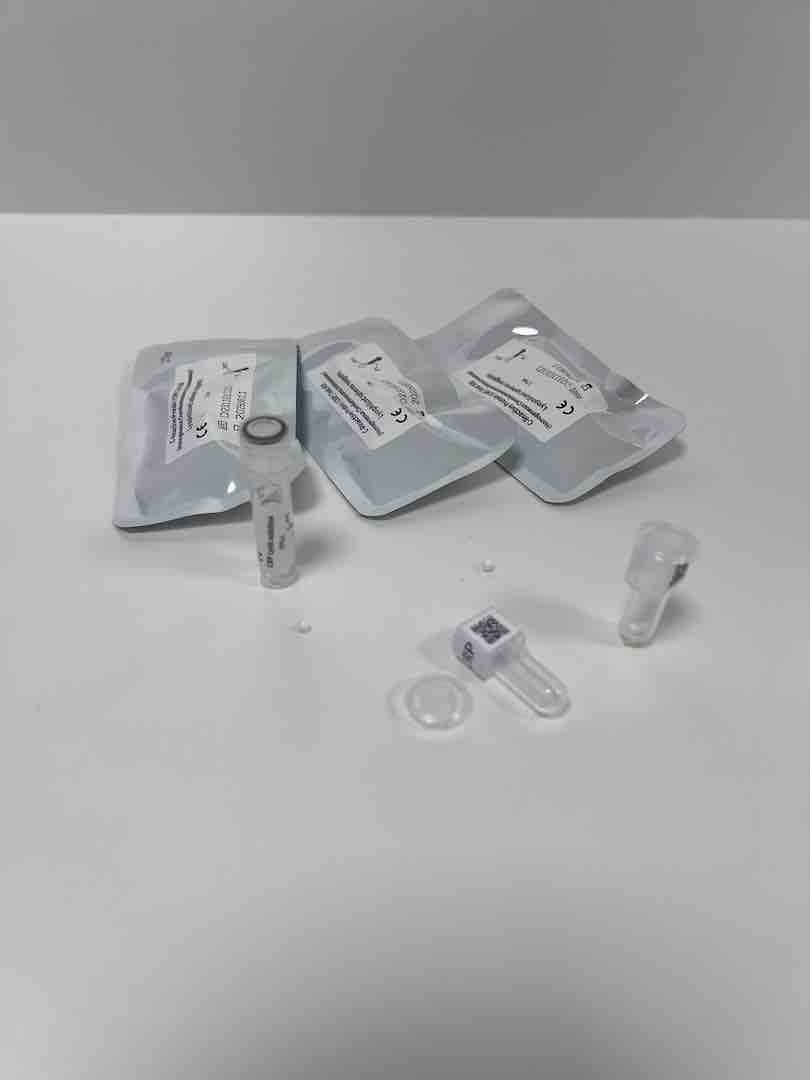 The Meanings of Different Time Detection for Hormones Fertility?
The Meanings of Different Time Detection for Hormones Fertility?
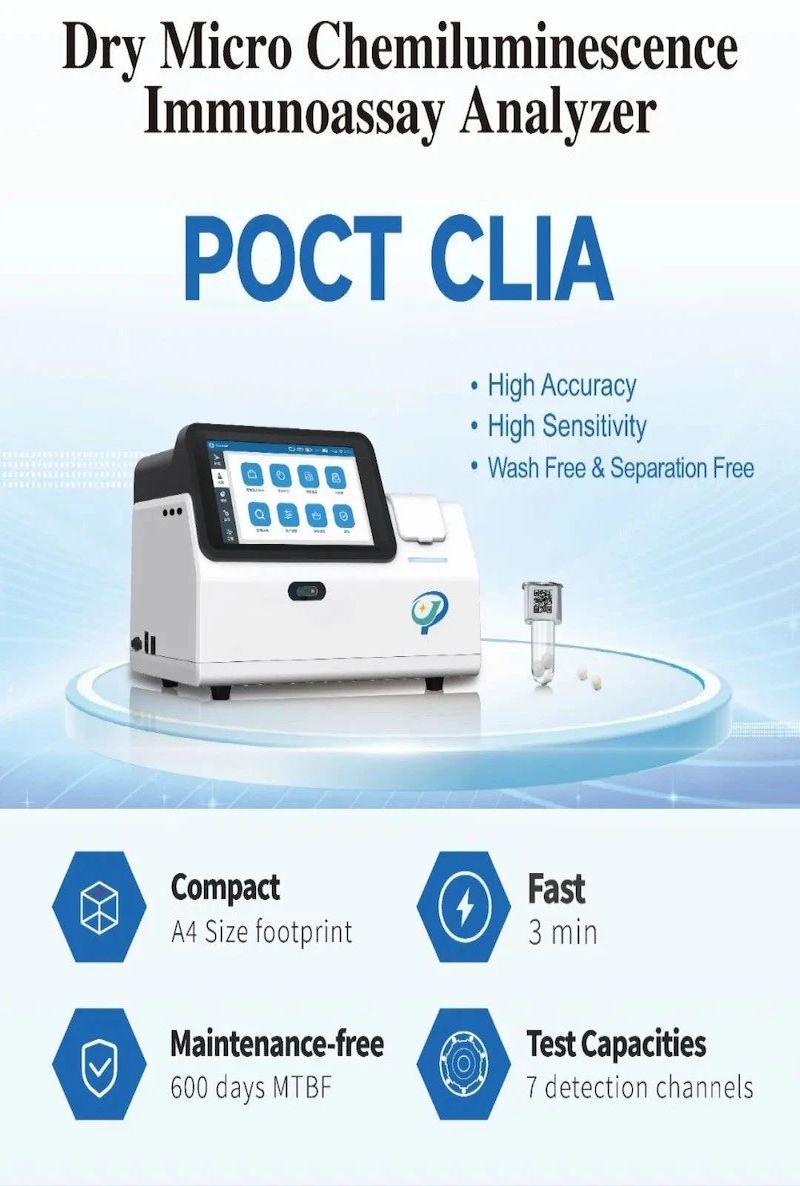 Platelet Activation and Cytokine Detection: Unlocking the Secrets of Blood Cell Interactions
Platelet Activation and Cytokine Detection: Unlocking the Secrets of Blood Cell Interactions
 TSH CLIA kits - (Chemiluminescence Immuno Assay)
TSH CLIA kits - (Chemiluminescence Immuno Assay)
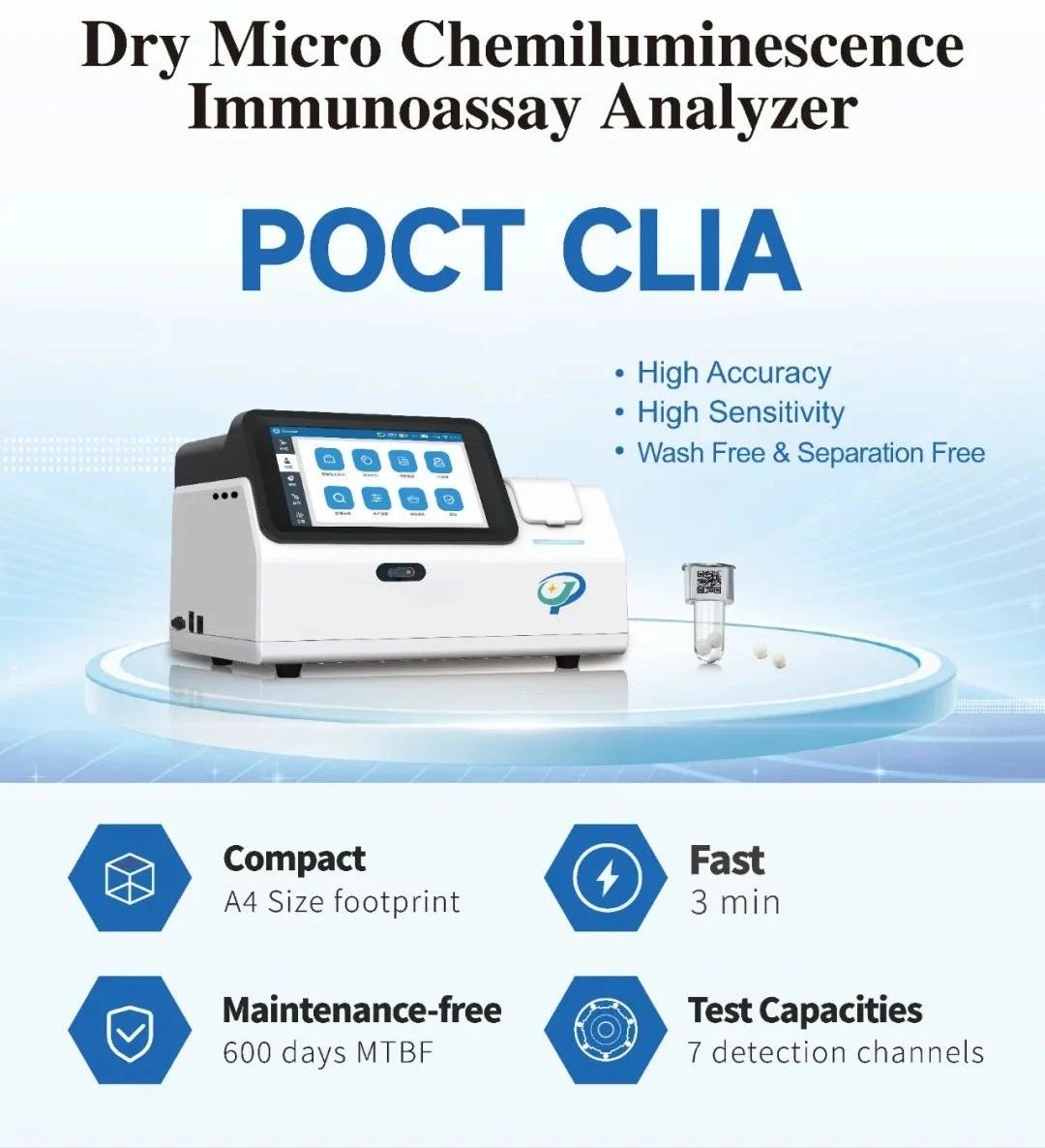 Cluster of differentiation(CD)Markers Detection: Chemiluminescence Immunoassay Analyzer and Reagents
Cluster of differentiation(CD)Markers Detection: Chemiluminescence Immunoassay Analyzer and Reagents
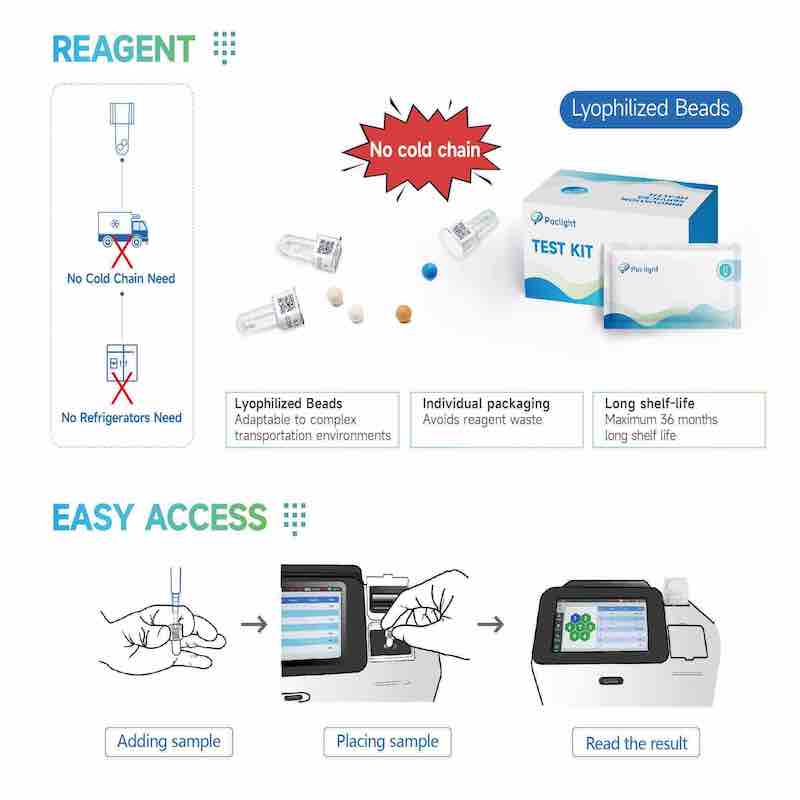 Application of heparin-binding protein detection in respiratory infectious diseases
Application of heparin-binding protein detection in respiratory infectious diseases
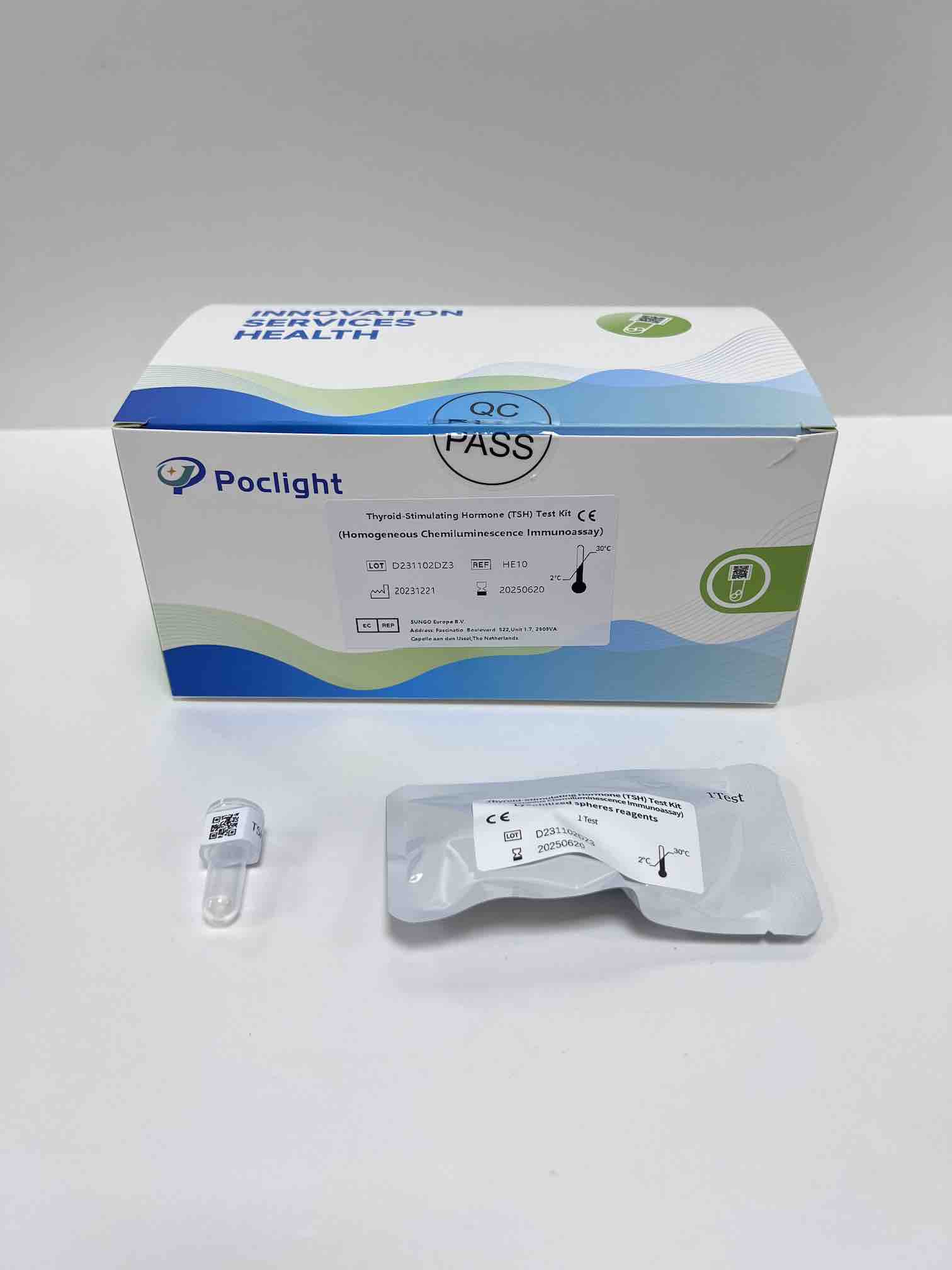 Clinical application of procalcitonin (PCT) in the emergency department
Clinical application of procalcitonin (PCT) in the emergency department












